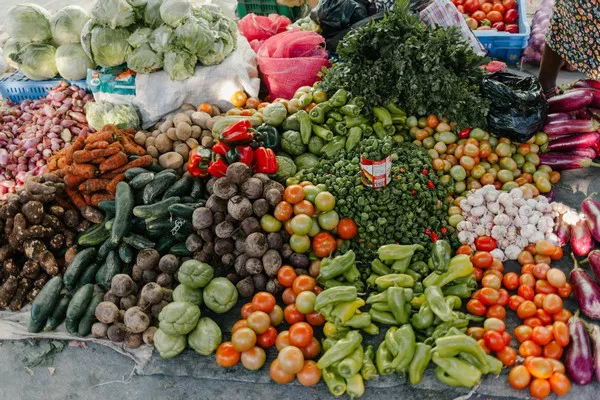Washington, D.C. – President Joe Biden and a senior aide sounded the alarm on Monday about the potential repercussions of a federal government shutdown, emphasizing the risk of widespread hunger, particularly among low-income women and children. Nearly 7 million individuals could face a sudden loss of food benefits.
During a meeting focused on Historically Black Colleges and Universities, President Biden underscored the dire consequences a government shutdown could have, particularly for the Black community. He highlighted the adverse effects on nutritional support, inspections of hazardous waste sites, and the enforcement of fair housing laws.
Biden recalled a prior agreement with House Speaker Kevin McCarthy on government spending levels, emphasizing that they had shaken hands on it. He expressed frustration with a small faction of extreme House Republicans who appeared unwilling to honor that agreement, warning that all Americans might bear the consequences.
When asked if he had discussed the matter with McCarthy, President Biden revealed that they had not spoken, and he indicated no imminent plans for such a conversation.
US Agriculture Secretary Tom Vilsack addressed reporters earlier, warning that the vast majority of the 7 million participants in the Special Supplemental Nutrition Program for Women, Infants, and Children (WIC) would experience an immediate reduction in benefits should a government shutdown occur. Notably, nearly half of all US newborns rely on WIC for support, according to the USDA.
Vilsack also highlighted the potential impact on the Supplemental Nutrition Assistance Program (SNAP), which will continue as usual for October but could face disruptions thereafter. In 2022, over 40 million Americans relied on SNAP to meet their basic needs. Rising inflation has further strained household budgets, driving up prices for essential goods, from bread to fresh produce and baby formula.
In addition to the nutritional assistance programs, a government shutdown would halt loans to farmers during harvest season, prevent new homebuyers in rural areas from securing loans, and furlough over 50,000 Department of Agriculture employees, leaving them without pay.
The Republican-controlled House of Representatives is considering significant spending cuts this week, which are expected to face rejection in the Democratic-controlled Senate. While these cuts would not become law, the failure of both chambers to reach an agreement could lead to a partial government shutdown as early as the following Sunday.
On Tuesday, House lawmakers were set to deliberate on four spending bills for the upcoming fiscal year. These bills include provisions to impose new restrictions on abortion access, reverse an $11 billion climate initiative introduced by the Biden administration, and recommence construction of the Mexico-US border wall—a hallmark initiative of former President Donald Trump. President Biden has pledged to veto at least two of these bills.
Vilsack criticized the fiscal plans proposed by Republicans, labeling them as “punitive” and “petty.”

